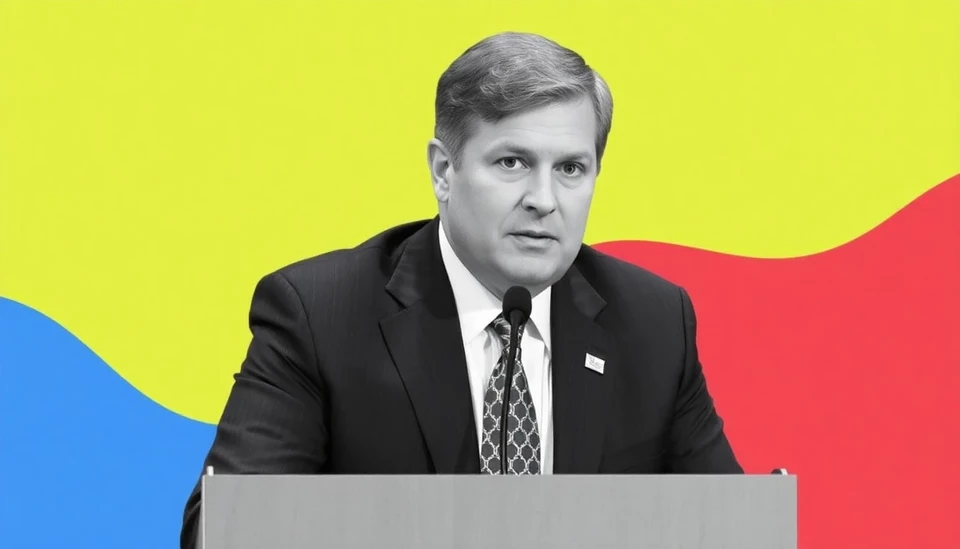
Argentina is experiencing relative stability in its inflation rates, providing the government an opportunity to consider substantial adjustments to its foreign exchange policies. Following a period plagued by economic volatility and rampant price increases, the current inflation situation is showing signs of calming, which could significantly impact the nation's fiscal strategies.
In recent months, inflation in Argentina has shown a marked decrease compared to earlier spikes. Reports indicate that the inflation rate has hovered around a manageable level, allowing policymakers to feel a sense of caution rather than urgency. This less alarming economic climate presents a unique chance for the administration to reassess its foreign currency regulations, which have been considered overly restrictive.
One of the key factors contributing to this stability is the Central Bank's efforts to stabilize the Argentine peso, coupled with a series of government measures aimed at controlling prices and regulating supply chains. These initiatives have, at least temporarily, assuaged concerns over continued rampant inflation that has historically plagued the economy.
Furthermore, the recent stabilization has opened the conversation surrounding a potential shift towards a more flexible foreign exchange regime. Economic analysts suggest that adapting these policies could not only foster investment but also stimulate avenues for growth that have long been hampered by economic constraints.
However, any significant policy alterations would need to be approached with caution. Stakeholders within the economy fear that rapid changes could reignite inflationary pressures if not executed prudently. Therefore, the government is expected to tread lightly as it balances its duties of promoting fiscal responsibility while encouraging economic growth.
In addition to internal factors, international economic conditions are also playing a role in shaping Argentina’s approach to foreign exchange. The fluctuating global market and shifts in foreign investment strategies are critical variables that the government will have to consider. Economic recovery globally holds the potential to either support or hinder Argentina’s progress depending on external trade relationships and currency exchange rates.
The current sentiment among economists and financial analysts leans towards cautious optimism; the stabilization of Argentina’s inflation rates may represent the beginning of a more predictable economic environment. As the administration navigates these complex waters, many await news on how adjustments to foreign exchange policy might unfold and what implications they might have for both local business and international investors.
Overall, while Argentina's inflation remains calm for the time being, the prospect for future foreign exchange policy adjustments could signify a pivotal moment for the economy that has faced numerous challenges in recent years.
As developments continue to unfold, many observers and participants in the Argentine economy are hopeful that a balanced approach to both inflation control and foreign exchange could lead to a more prosperous economic landscape in the near future.
#Argentina #Inflation #ForeignExchange #EconomicPolicy #Finance #Investment #CentralBank #EconomicGrowth #FinancialStability
Author: Laura Mitchell




